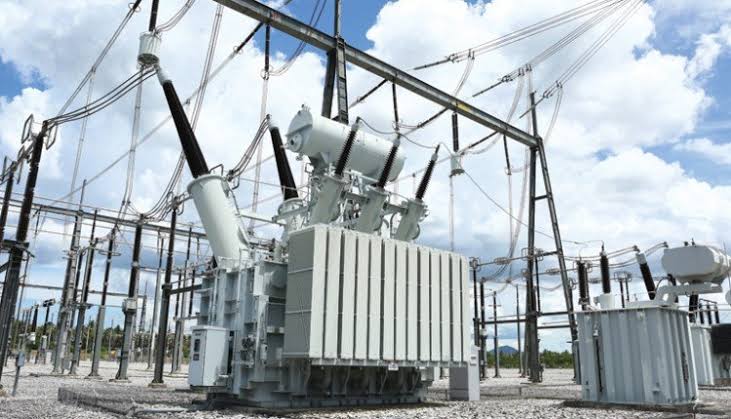The European Union (EU) on Tuesday promised to support Nigeria in its energy sector diversification through hydro, wind and biotechnology, to boost the power sector.
Ms Inga Stefanowicz, the Team Lead of EU Delegation to Nigeria and ECOWAS on Green and Digital Economy, said this in an interview with the News Agency of Nigeria (NAN), in Abuja on Tuesday.
According to Stefanowicz, the organisation has successfully tackled perceived challenges in the energy sector, adding that more will be done to improve on it.
“We have managed to overcome whatever challenges; we can do better on access to finances when it comes to industries, such as solar power.
“We are planning to help Nigeria expand its diversifying form of energy such as hydro, wind and bio, and we will take a look at a secular economy model.
“In all cases, when you want to create youth entrepreneurship, access to finance seems to be an obstacle to doing business,” Stefanowicz said.
However, she revealed that the EU would involve the private sector to help lower costs since new technology had become expensive.
“This is why we use those grants at the beginning to help give them a little extra push.
“These solutions and technologies become more popularised the more, and they can reach out to the tiniest village in the country at an affordable cost.
“The Nigerian Energy Support Programme (NESP), is our flagship initiative co-founded by Germany.
“We have significant intervention when it comes to access to finance in the energy sector, with the French developing finance agency, through Nigerian commercial banks; we are dedicated to the intervention,” Stefanowicz said.
She also added that a lot had been done through skills creation to provide support to the energy sector.
NAN reports that under the NESP, the rapidly growing Nigerian Renewable Energy (RE) and Energy Efficiency (EE) sectors will require skilled workforce.
NAN also reports that not less than 100 operational Solar Mini-Grids, developed and operated by more than 200 top developers, are at the brink of expansion.
Also, there is a demand for more than 20,000 young competent professionals to bridge the capacity gap.
The RE and EE Alliance, in collaboration with the NESP, a technical assistance programme co-funded by the EU and the German government, and implemented by a Deutsche company, GmbH, is carrying out the expansion in collaboration with the Federal Ministry of Power.
They identified the need to establish an employability platform where professionals and RE/EE actors can easily collaborate while boosting employment opportunities to bridge the skills gap in the sector.
